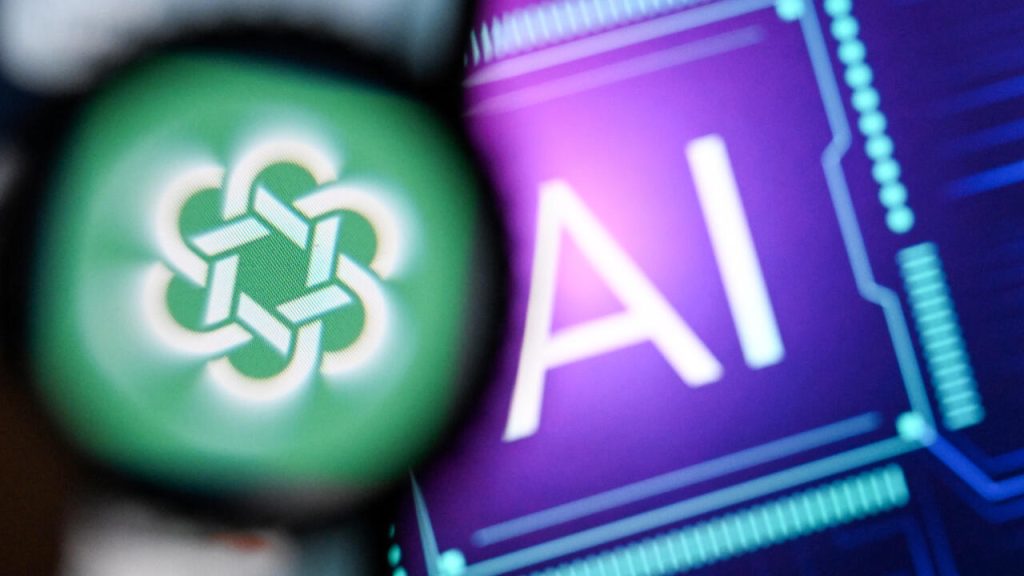UN experts have warned that AI development should not be left to market forces. They called for global cooperation mechanisms to guide the technology’s growth. However, they stopped short of advocating for the creation of a powerful international body to oversee AI’s expansion.
A panel of around 40 specialists, spanning fields such as technology, law, and data protection, was convened by UN Secretary-General António Guterres last October. Their report, released ahead of the UN’s high-profile “Summit of the Future,” highlights concerns about the absence of global governance for AI and the exclusion of developing nations from discussions about its impact.
“There is, today, a global governance deficit with respect to AI,” the experts cautioned in their report, emphasising that AI’s cross-border nature makes regulation challenging.
Guterres underscored the significance of regulating AI: “AI must serve humanity equitably and safely,” Guterres said this week. Left unchecked, the dangers posed by artificial intelligence could have serious implications for democracy, peace and stability.”

Global Cooperation Urged, But No Global Body Yet
The expert panel stressed the need for UN members to establish mechanisms that foster global cooperation, helping to prevent the unregulated spread of AI.
The panel recommended the creation of a group of scientific AI experts, akin to the Intergovernmental Panel on Climate Change (IPCC), to regularly brief the international community on emerging risks, research priorities, and the potential for AI to address challenges such as hunger, poverty, and gender inequality.
This proposal is part of the draft Global Digital Compact, which remains under discussion and is expected to be adopted during the “Summit of the Future” on Sunday. The report also advocates for a loose “coordination” structure within the UN, though it stops short of endorsing a robust global regulatory body like the International Atomic Energy Agency (IAEA), as proposed by Guterres.
“If the risks of AI become more serious, and more concentrated, it might become necessary for Member States to consider a more robust international institution with monitoring, reporting, verification and enforcement powers,” the report suggested.
Despite this, Guterres welcomed the report’s recommendations, describing them as a blueprint to build on existing efforts and shape an international AI architecture that is inclusive, agile, and effective.
Acknowledging the rapid pace of AI development, the panel argued that drawing up a comprehensive list of risks would be futile. However, they did spotlight the dangers of disinformation, increasingly convincing deepfakes—especially pornographic ones—as well as the development of autonomous weapons and AI exploitation by criminal and terrorist groups.


